A New Frontier, A New Responsibility
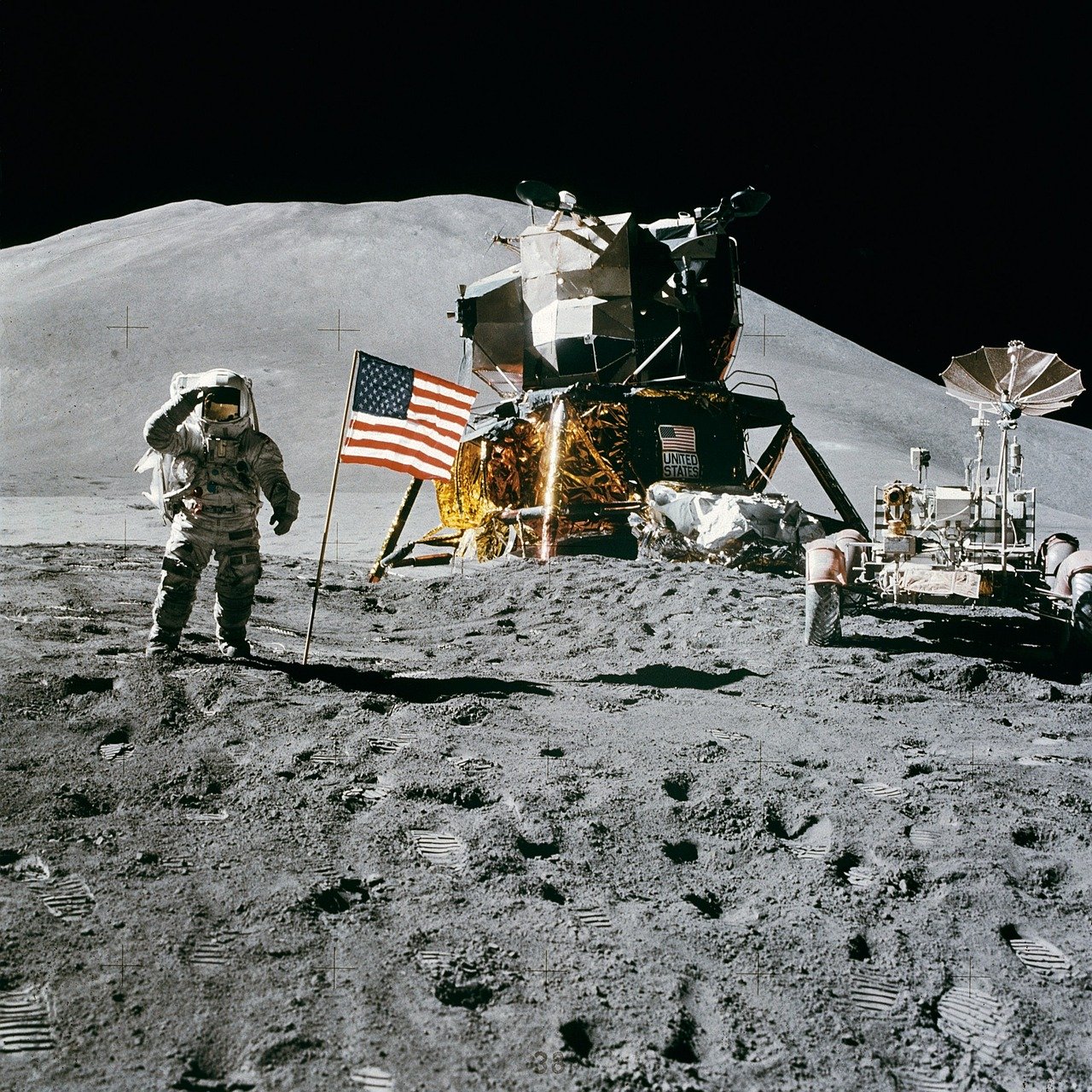
Imagine standing on the edge of a world never touched by human hands. The stars have called to us for generations, but now, we’re finally knocking on their door. That’s exhilarating—but it’s also truly daunting. As rockets roar and dreams of Mars colonies come closer than ever, the question hangs in the air: who actually has the right to decide where we go, what we touch, and how far we push into the cosmic unknown? The stakes are sky-high, and the answers aren’t as simple as they seem. Space isn’t just the next adventure; it’s a mirror reflecting our deepest values and ethical dilemmas.
The Long Road from Sputnik to Space Stations
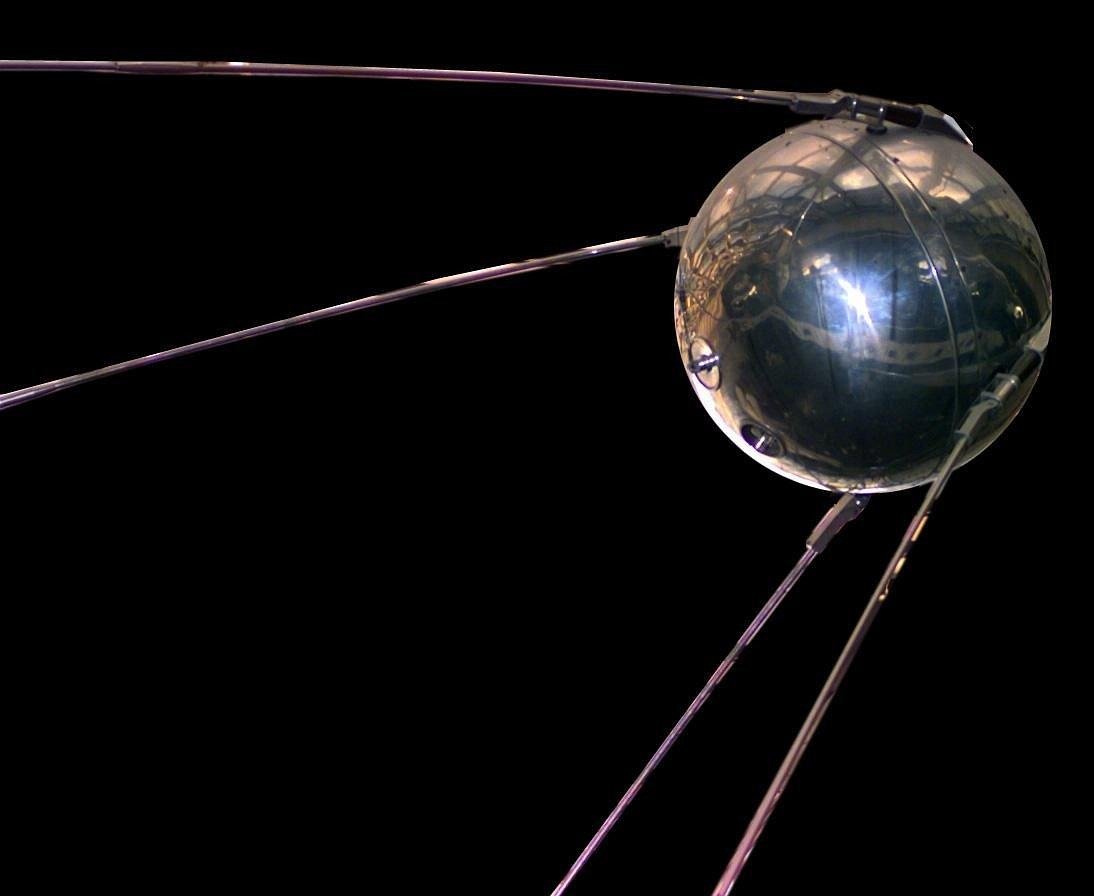
It all started with a metal sphere called Sputnik, beeping in the night sky back in 1957. That beep didn’t just mark the start of the space age—it set humanity on a path filled with awe, competition, and controversy. After Sputnik, the race was on: from Yuri Gagarin’s historic orbit to Neil Armstrong’s famous moonwalk and, later, the International Space Station—where astronauts from rival nations now eat, sleep, and work together. These milestones weren’t just technical feats; they forced us to confront who gets to represent humanity and what it means to leave Earth together. Every step forward came with ethical crossroads, like military satellites or the question of who “owns” the moon rocks brought back from Apollo missions.
Global Treaties: The Rules Written in the Stars
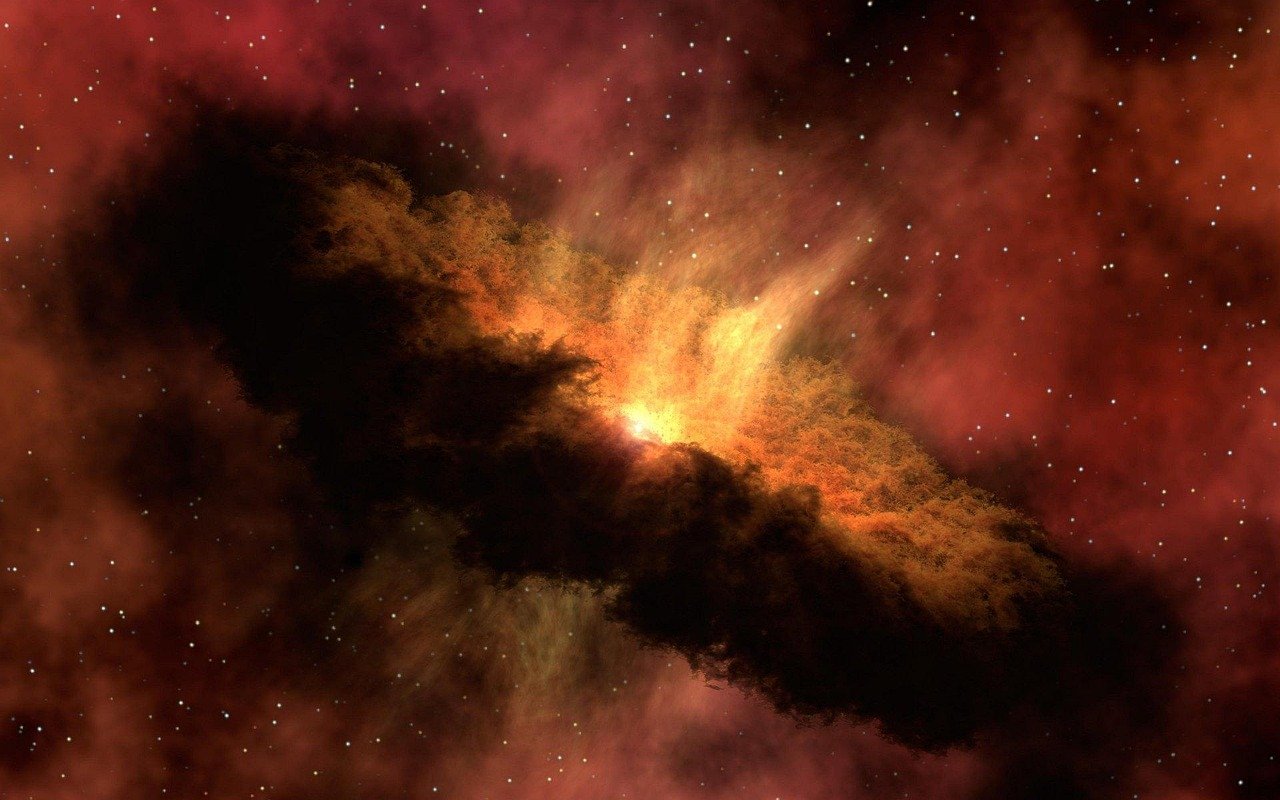
Nobody owns the stars—or do they? The Outer Space Treaty of 1967 is the closest thing we have to a cosmic rulebook. Signed by more than a hundred countries, it says space belongs to all humanity and bans weapons of mass destruction in orbit. But as private companies start launching their own missions, the old rules are being tested. These treaties were written for governments, not billionaires with rocket fleets. The lines between peaceful research, commercial gain, and military interests are blurring, raising tough questions about who enforces the rules when the law is light-years away.
Protecting Other Worlds: The Ethics of Planetary Contamination
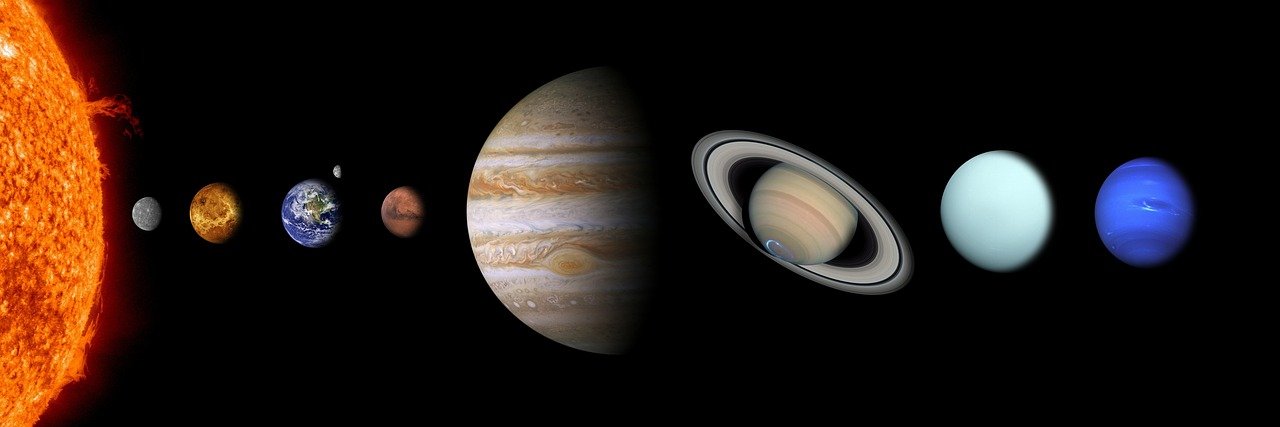
Picture sending a probe to Mars, only to accidentally deposit Earth microbes on its surface. That tiny act could destroy alien ecosystems—or even erase the chance to discover native Martian life. The idea of “planetary protection” isn’t just about scientific integrity; it’s about respecting worlds that aren’t ours. There’s a growing belief that we should extend the principle of “first, do no harm” beyond Earth, treating other planets and moons as precious in their own right. This means strict protocols and sterilization measures, but it also raises a haunting question: Do we have the right to change another world, even unintentionally?
Colonizing Planets: Hope or Hubris?
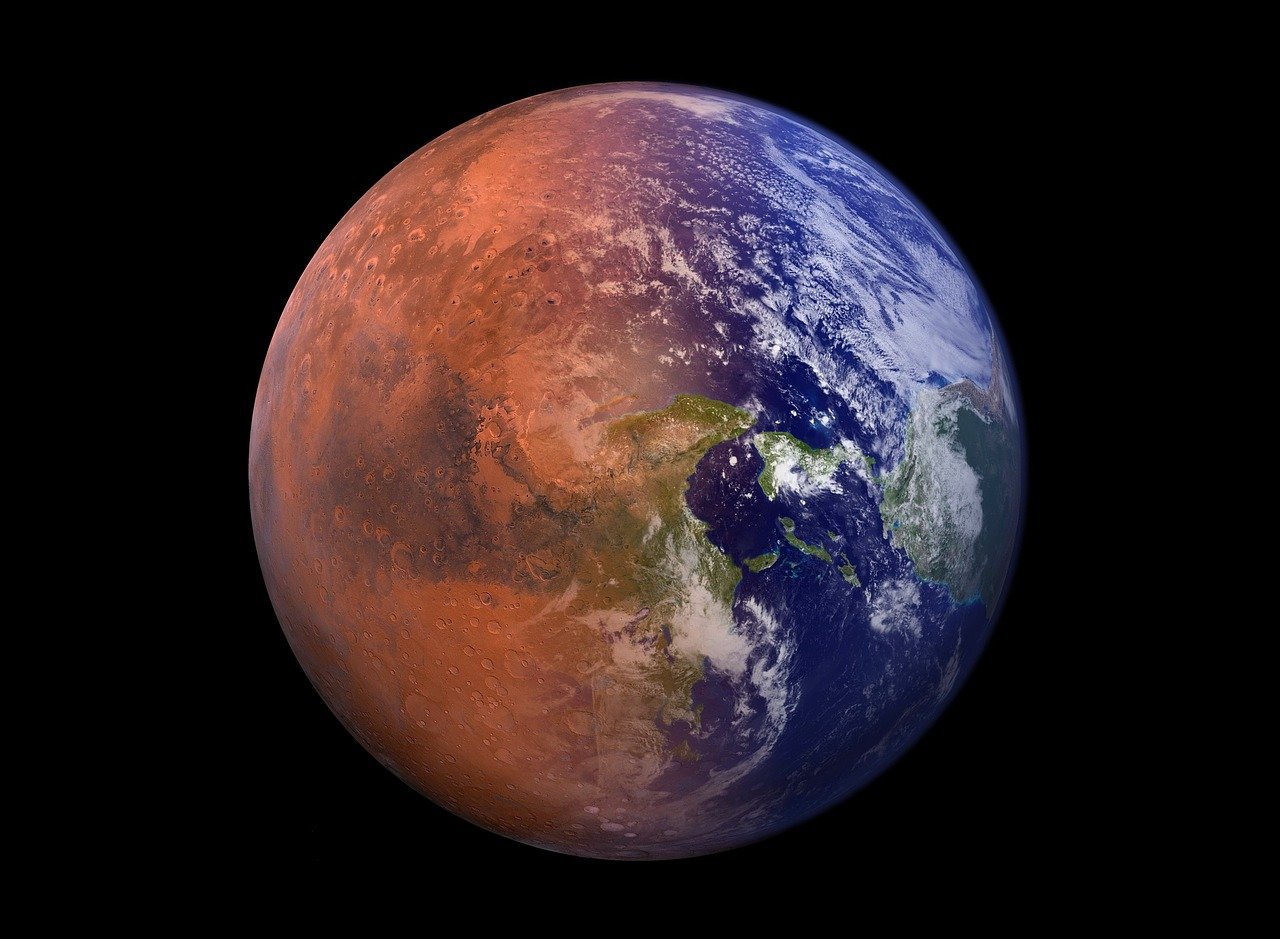
The dream of building homes on Mars or the Moon has fired imaginations for decades. Some say it’s humanity’s destiny to spread across the galaxy, a kind of cosmic insurance policy if Earth goes wrong. But is this bold vision a noble ambition or just a new form of colonization? Critics warn that history is filled with tales of exploitation in the name of progress. What if we repeat those mistakes on other worlds, extracting resources without care? And what happens if we stumble upon life—microbial or otherwise? The moral weight of these choices is staggering, demanding humility and caution as we plan our next steps.
Private Rockets, Public Questions: Commercial Space and Its Challenges
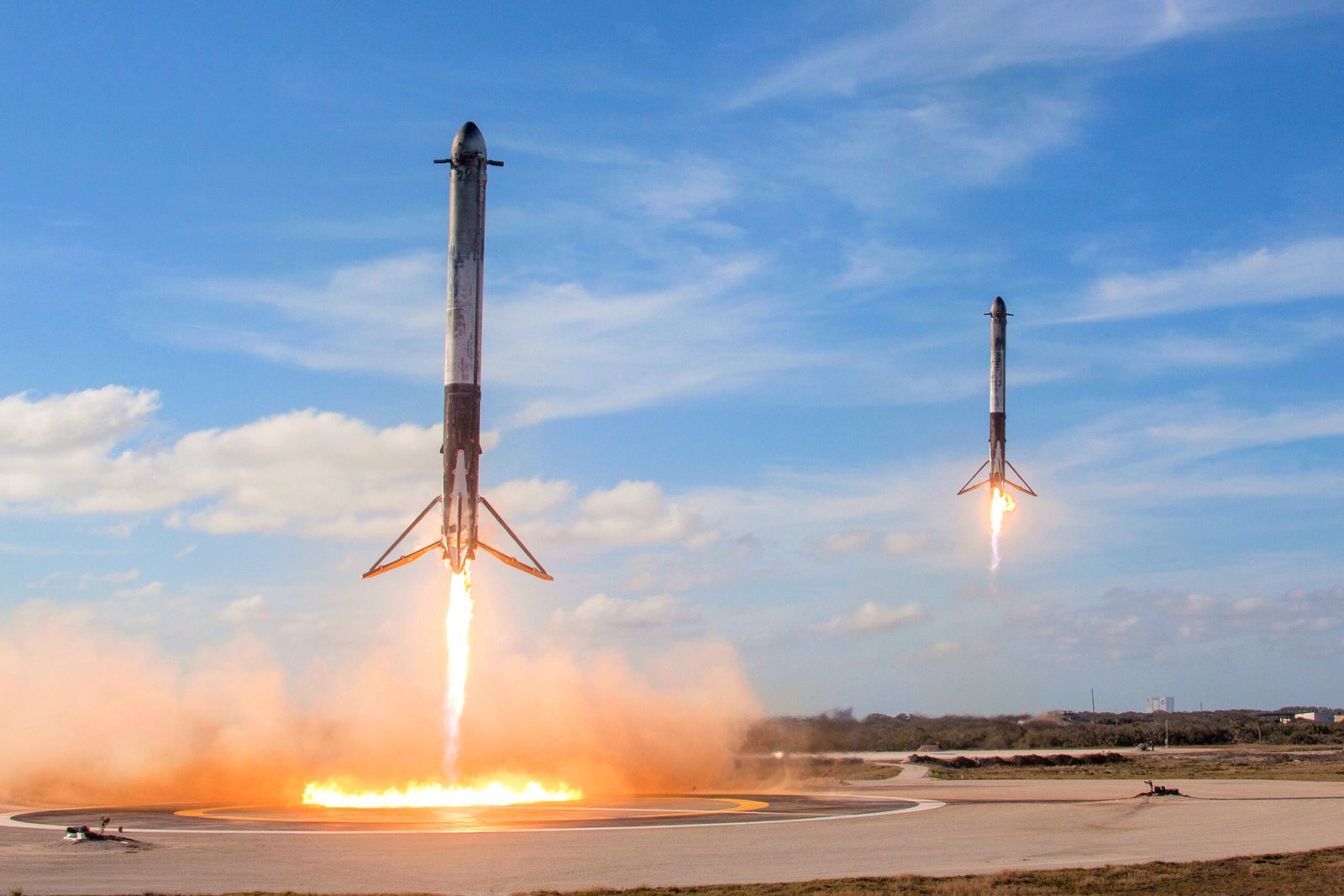
The rise of companies like SpaceX and Blue Origin has changed the game in ways nobody expected. Space used to be the domain of superpowers; now, it’s open to entrepreneurs and visionaries. This has sped up innovation, but it’s also created new ethical puzzles. When profit is part of the equation, who makes sure exploration serves everyone, not just shareholders? There’s a risk that space becomes an exclusive playground or a battleground for resources. The dividing line between public good and private gain gets fuzzier with every launch.
Space Tourism: The Ultimate Luxury or a Problematic Privilege?
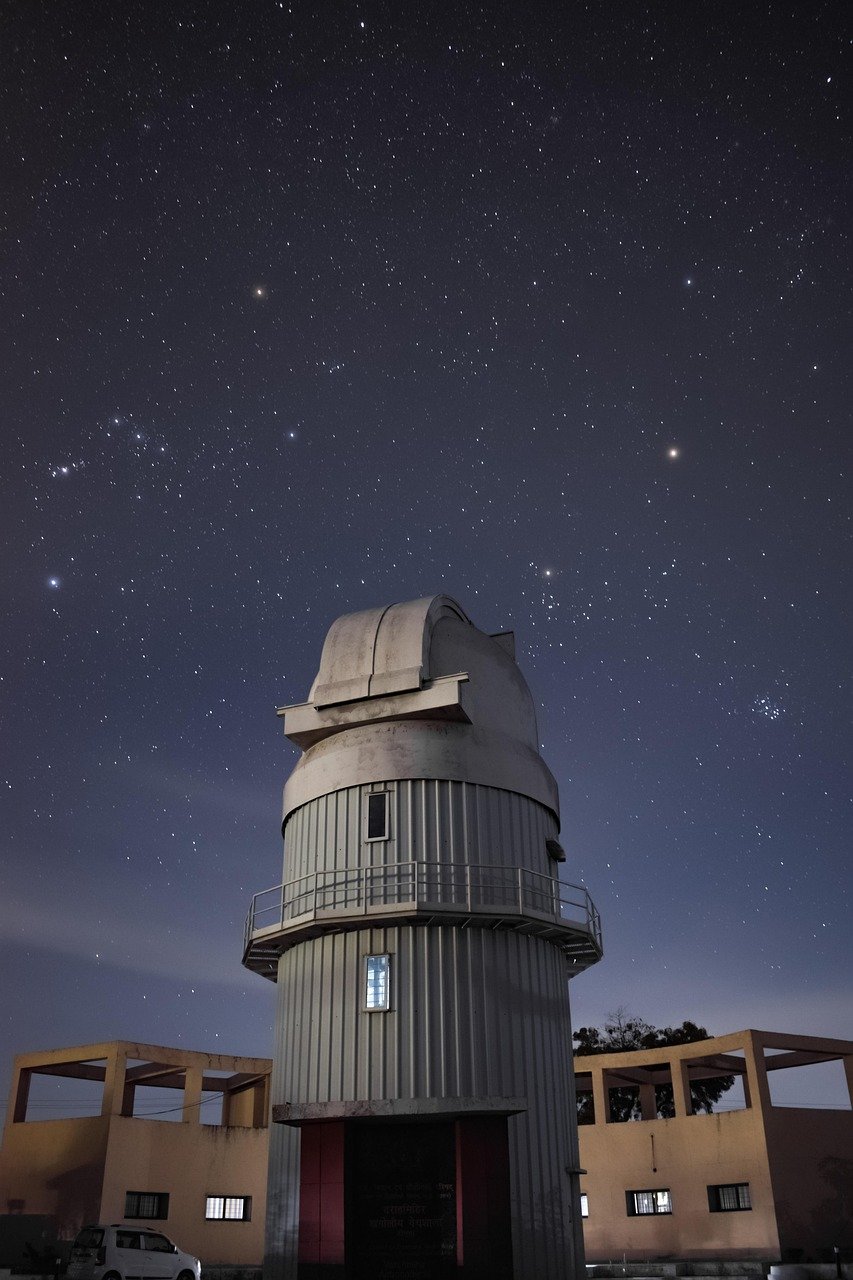
For the first time, regular people—well, regular very rich people—can buy a ticket to space. Space tourism is no longer science fiction. While some celebrate this as a new era of adventure, others see a worrying trend. The environmental cost of rocket launches is huge, with carbon emissions and pollution affecting our already fragile planet. Plus, when only the ultra-wealthy can afford to leave Earth, the gap between those who can and cannot experience the cosmos becomes painfully obvious. This raises tough questions about fairness and the true cost of our dreams.
The Weight of Scientific Responsibility
Behind every mission are teams of scientists and engineers making decisions that carry enormous consequences. Their work shapes not just technology, but the very future of humanity in space. Should they build a lander that might crush a pristine landscape, or hold back in the name of caution? Engineers and researchers must navigate a labyrinth of technical and moral challenges, balancing curiosity with care. Many are now calling for mandatory ethics training in the field, arguing that technical brilliance must be matched with ethical wisdom.
Who Gets a Say? The Power of Public Engagement
Should a handful of experts or politicians decide our future in space? Many argue that the conversation must be broader. The voices of ethicists, philosophers, indigenous communities, and everyday citizens are just as vital as those of astronauts and CEOs. Space exploration affects all of humanity, so it makes sense that everyone should have a seat at the table. Public forums, debates, and even art can help us imagine the possibilities and pitfalls, ensuring that our cosmic choices reflect more than just technological prowess—they reflect our collective values.
The Search for Cosmic Justice: Equity and Inclusivity
If space belongs to everyone, how do we make sure everyone actually benefits? Historically, space missions have been driven by wealthy nations. The risk is that new frontiers will simply reproduce old inequalities on a galactic scale. Some experts push for international funds to support space science in developing countries or quotas for astronaut diversity. These ideas are controversial, but they highlight a simple truth: cosmic exploration must not leave anyone behind. The future of space should be as inclusive and just as the best parts of humanity aspire to be.
Facing the Unknown with Humility
Every step into space is a step into the unknown. Our actions could echo for generations, shaping not just the fate of our species but the fate of other worlds. The enormity of this responsibility can be overwhelming, but it also inspires awe. Standing under a sky full of stars, it’s easy to feel small—and that’s a good thing. Humility is a powerful guide as we set our cosmic boundaries, reminding us that exploration isn’t just about conquering new worlds but learning to live wisely within them, together.

